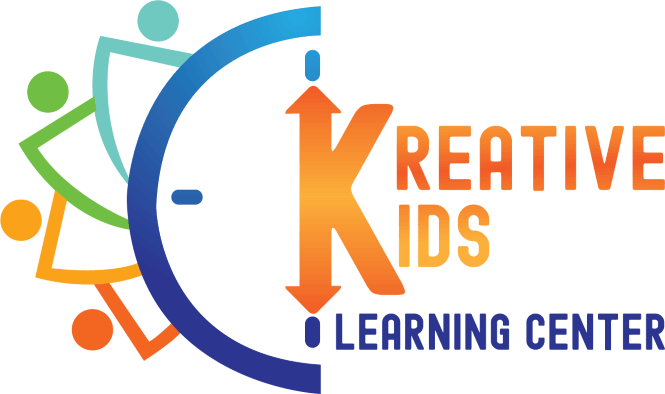Teaching Practices
Teachers are the key to success and prosperity in education. Our staff is highly trained and highly vetted before hiring. As a business, they are our greatest expense and an even greater asset. Adult-child interaction is the process of working alongside children and communicating with them both verbally and nonverbally to encourage learning. The Adult-Child ratio is 1:8 for our 3-5 years old.
One of the most important High Scope’s strategies for adult-child interaction is sharing control with children: creating a balanced climate where adults and children are partners in the learning process. Additional strategies include focusing on children’s strengths, forming authentic relationships with children, supporting children’s play, using encouragement instead of praise, and taking a problem-solving approach to conflict. During High Scope training, teachers and caregivers learn a host of specific techniques for carrying out each of these strategies.
The classroom in High Scope settings is divided into interest areas stocked with a stimulating range of materials designed for specific types of play, for example, House area, Art, Block/Manipulatives, and Reading. Materials are arranged in consistent places and the shelves are tagged with child-friendly labels so that children can get out and put away materials themselves. The classroom’s organization also helps children understand how the world is organized, and concepts like more, less, same, different, large, small, in, out, in front of, etc. The outdoor play area is considered part of the learning environment and is arranged and equipped to support all areas of child development, including cognitive, social, and physical abilities.
Assessments & Tools
Ages & Stages
The ASQ (Ages & Stages Questionnaire) is a basic screening completed at the beginning of your child’s enrollment and done once a year following enrollment so long as your child is registered at our center. Screenings are used to determine basic child development how far along your child is in their own age group.
COR Advantage
Anecdotal notes are a form of ongoing assessment that happens on the daily and they are used to record specific observations of
individual student behaviors, skills and attitudes as they relate to the outcomes in the program of studies. Such notes provide cumulative information on student learning and direction for further instruction. High Scope’s research-validated child assessment tool. COR Advantage is a birth-to-kindergarten assessment that assists teachers in supporting children at every developmental level — including children who are English Language Learners and those with special needs. It also provides administrators with more comprehensive reporting options to guide program planning and staff development.
Daily Routine
The daily routine in High scope curriculum is a consistent framework for the day that provides a balanced variety of experiences and learning opportunities. Children engage in both individual and social play, participate in small- and large- group activities, assist with cleanup, socialize during meals, develop self-care skills, and exercise their small and large muscles. The most important segment of the daily routine is the plan-do-review sequence, in which children make choices about what they will do, carry out their ideas, and reflect upon their activities with adults and other children.
Plan-Do-Review Sequence
(Planning time, work time, recall time) this three-part sequence is unique to the HighScope Curriculum. It includes a 10-to 15 minute period during which children plan what they want to do during work time (the area to visit, materials to use, and friends to play with); a 45 to 60-minute work time for children to carry out their plans (or shift to new activities that interest them); and another 10 to 15-minute period for reviewing and recalling with an adult and other children what they’ve done and learned.


